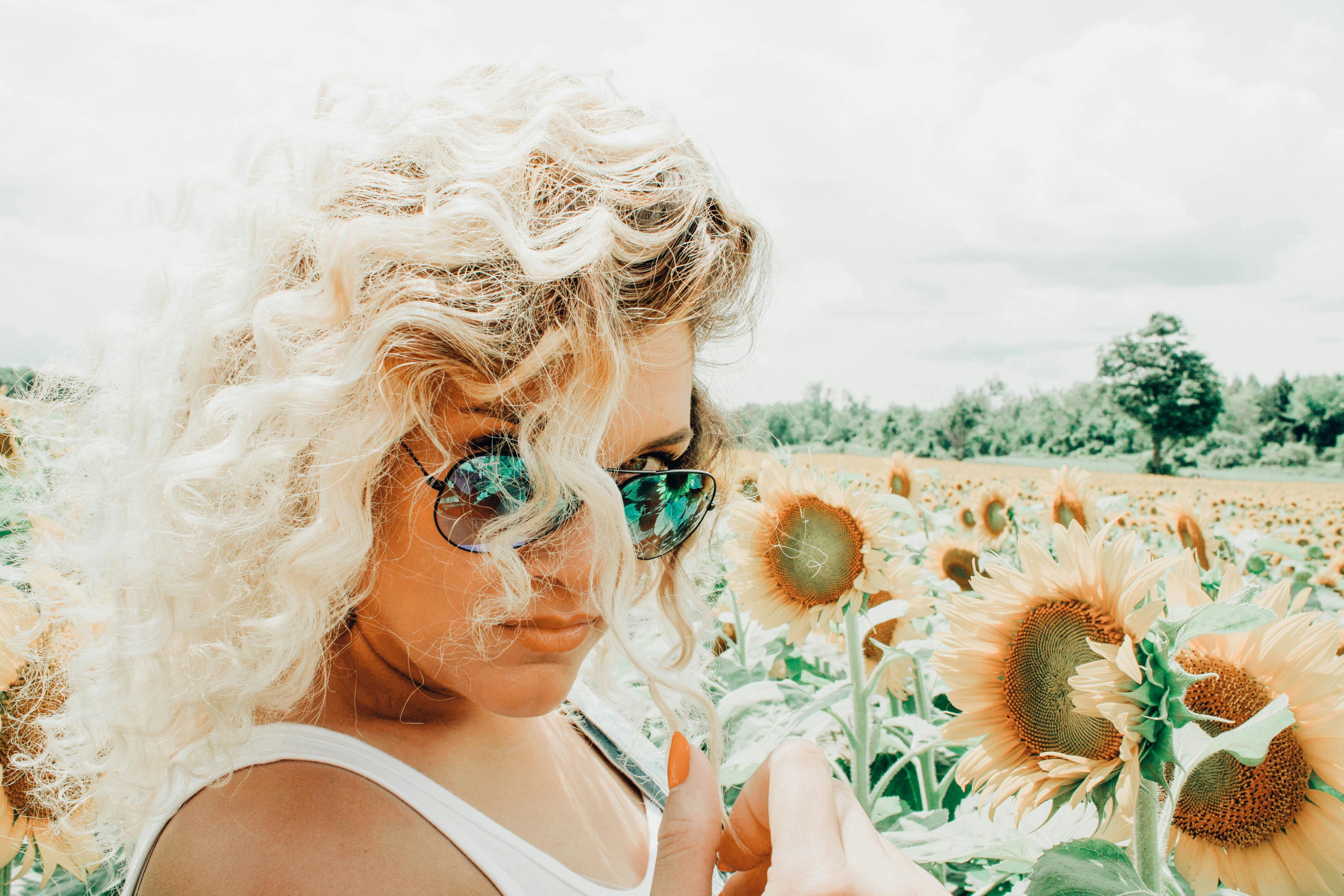Eco-Friendly Skincare: Is It Ethical to Use Beeswax in Beauty Products While Bees Continue to Disappear?
It is rumored that Einstein predicted that if the bees disappear from our planet, humanity will soon perish. Although it is not proven whether the great scientist said this or not, our scientists are concerned.
Wild bee populations are being wiped out by a parasitic mite and beekeepers are working hard to protect their farm bees from the same fate.
As the bees disappear, we take a look at the bee and the subject of beeswax, ethics, and skin care.
Beeswax (gold dawn wax as listed on ingredient labels) is an ingredient used by both commercial skin care manufacturers and many producers of natural and organic skin care products.
Beeswax is obtained from the honeycomb of bees in the hive and is used in skin care as an emulsifier and thickener, as well as for its purported skin care benefits.
People who choose to buy natural and organic skin care expect green, eco-friendly, and ethical credentials from producers.
Cruelty-free is high on the list of eco-friendly and ethical shoppers, so it’s important to look into the issue of bees and beeswax.
Most vegans don’t eat honey or use bee products, although vegetarians generally do.
The Vegan Society condemns the use of all bee products such as honey, beeswax, propolis and royal jelly.
According to the Vegan Society, exploitation and cruelty to bees consists of:
- bee farming
- Cruel treatment of the queen bee
- wing clipping
- Kill bees when harvesting honeycomb.
- Use of artificial foods and pesticides.
- Vivisection
- Destruction of winters.
Pretty damning, don’t you think? Or is that it?
Looking further into the matter, it would seem that not all beekeepers employ the above methods.
While it is true that most, if not all, commercial bee farms are cruel to bees, many small ‘local’ beekeepers are more ethical.
The independent beekeeper would argue that the welfare of the bees is the most important thing to them, both as a moral obligation to the bees and in favor of common sense for small business.
On many small bee farms, the bees are given extra space for their hives, the bees enjoy working and produce more honey than they need, and through the use of pesticides they are protected from deadly mites, parasites and fungi that are killing wild bee colonies. Beekeepers are also keen to point out that, although it happens on large commercial bee farms, they themselves do not kill bees or destroy their hives.
Sadly, the number of small, caring, ethical beekeepers is far outnumbered by the huge commercial bee farms that cater to the demand of even larger commercial companies who want large quantities of cheap produce, regardless of the cost to the bees.
And the issue of exploitation remains as bees are still kept and farmed for their monetary value.
Therefore, it is important to choose cruelty-free natural and organic beauty products. This is not as easy as it sounds. Beeswax is a predominant ingredient in commercial and natural skincare, but there are bee-friendly alternatives, so read the literature, website information, and product ingredients carefully.
It’s not enough for skincare producers to claim they’re against animal testing. If you have doubts ask!
A UK natural skincare company called Maia Skin Care (http://www.maiaskincare.co.uk) believes in using cruelty-free ingredients. They do not use any bee products in their natural beauty products and have excellent green ethics. All their products are suitable for vegans and do not contain beeswax, honey or any other ingredients derived from bees.




